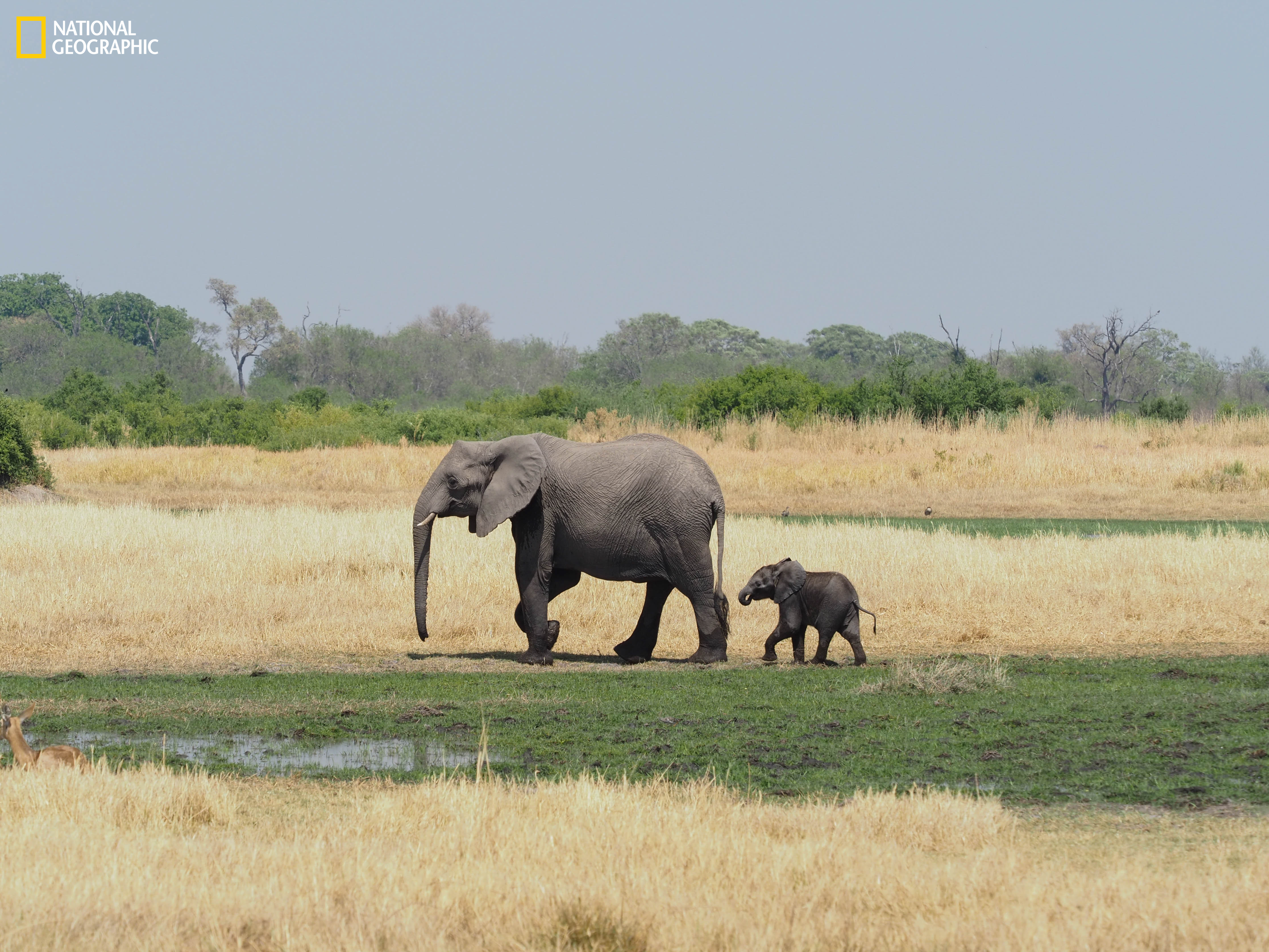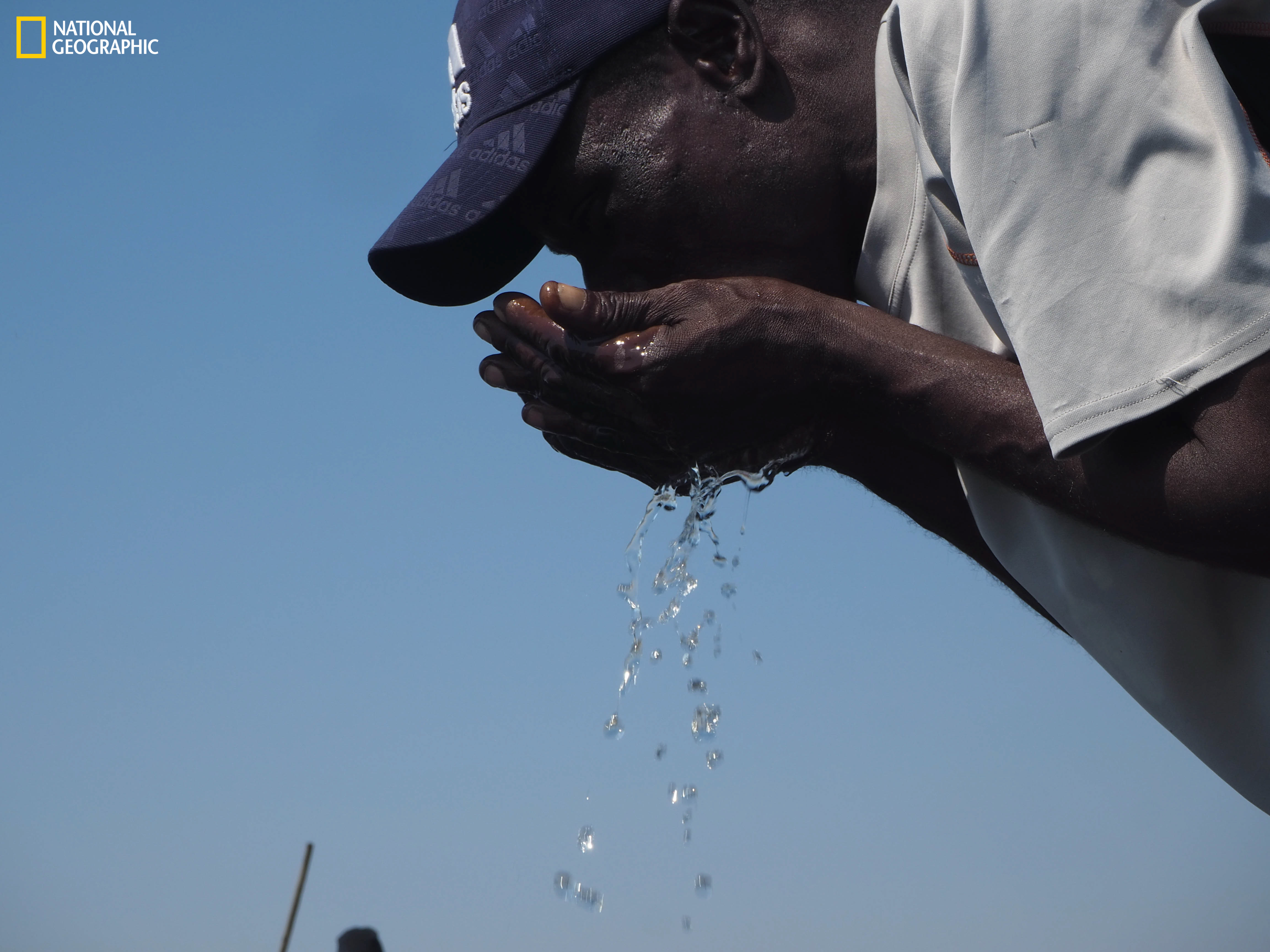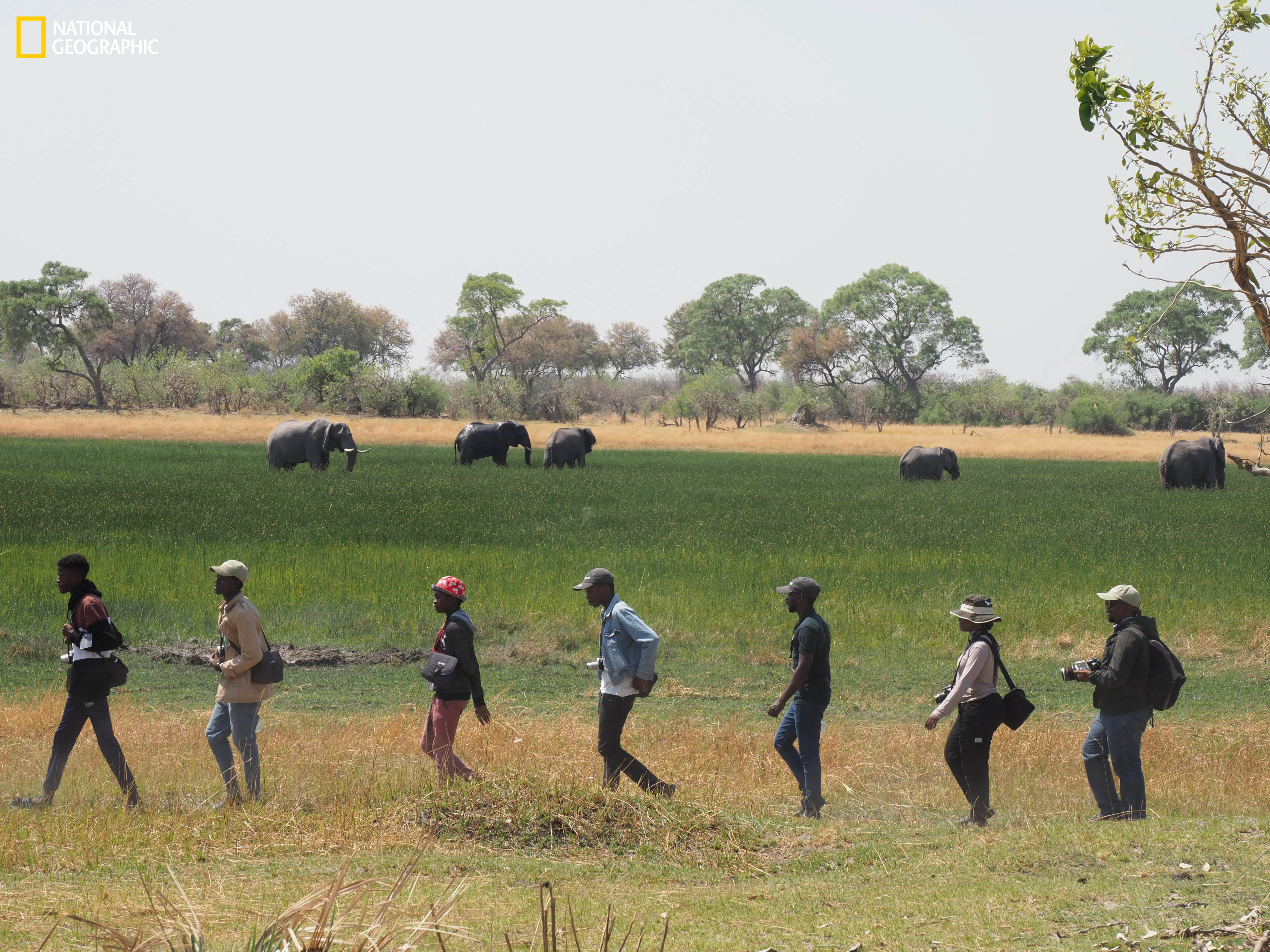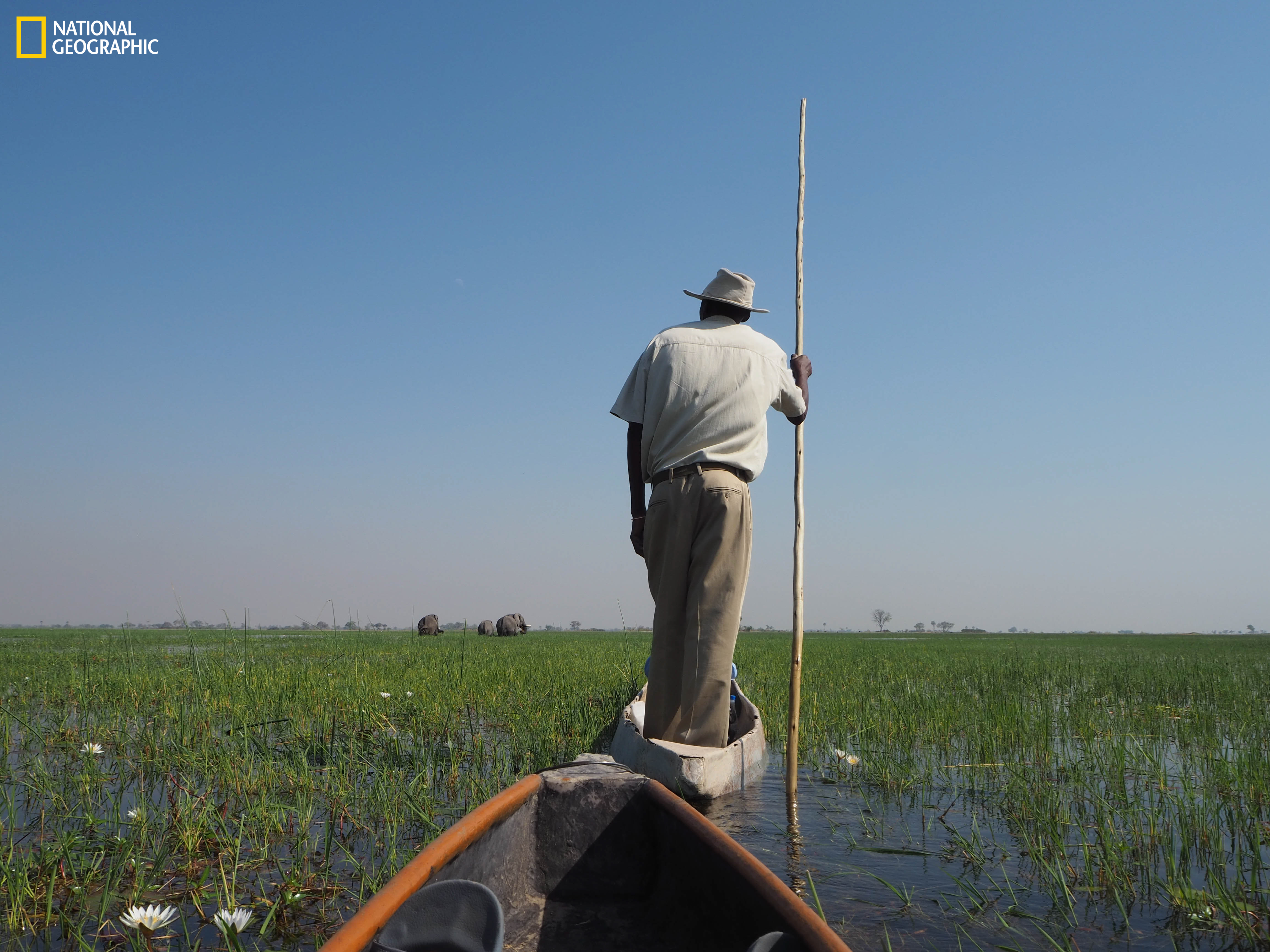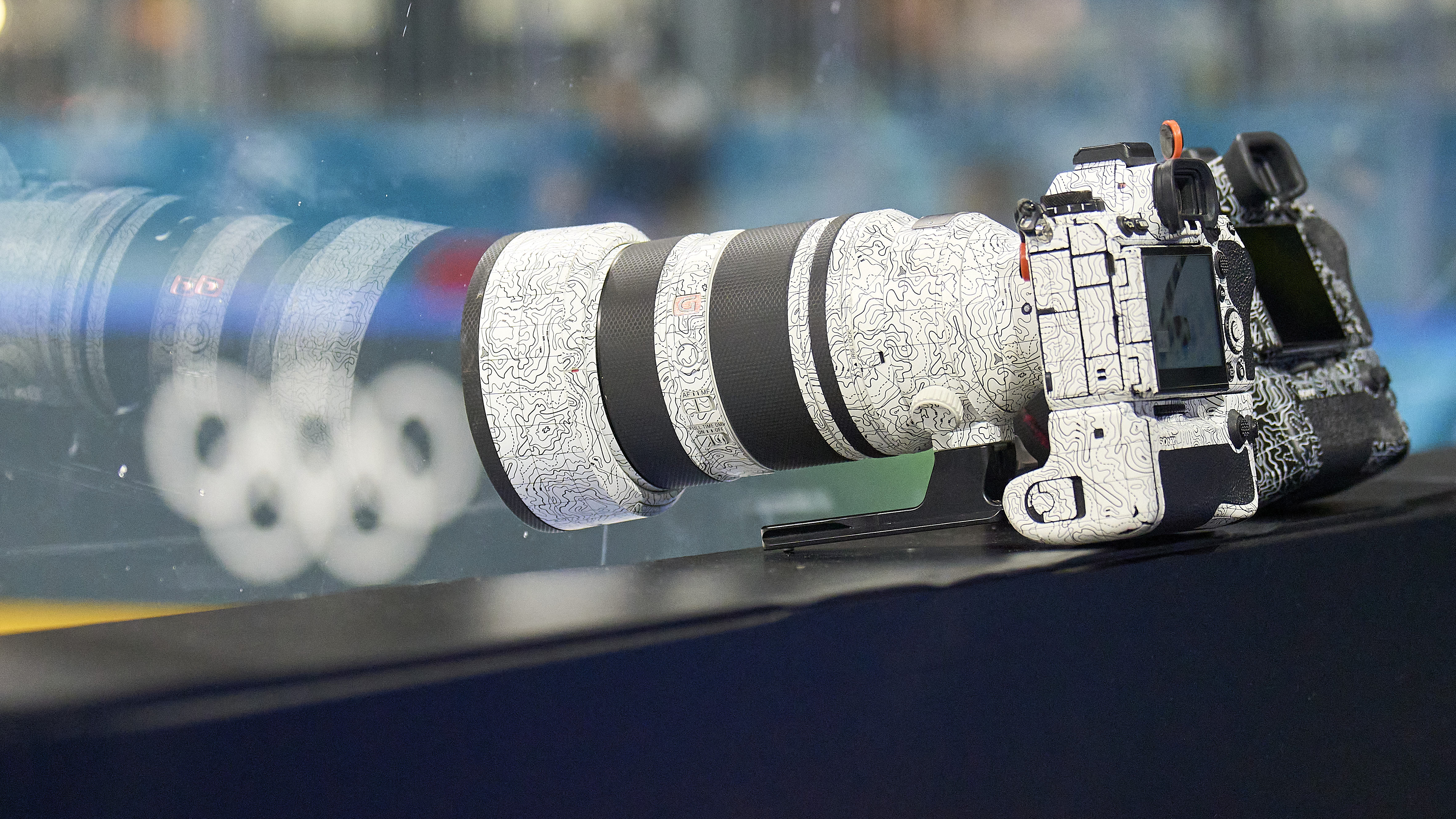National Geographic teaches students in Botswana the art of storytelling
Industry professionals shared their knowledge of storytelling through photography at the weeklong camp
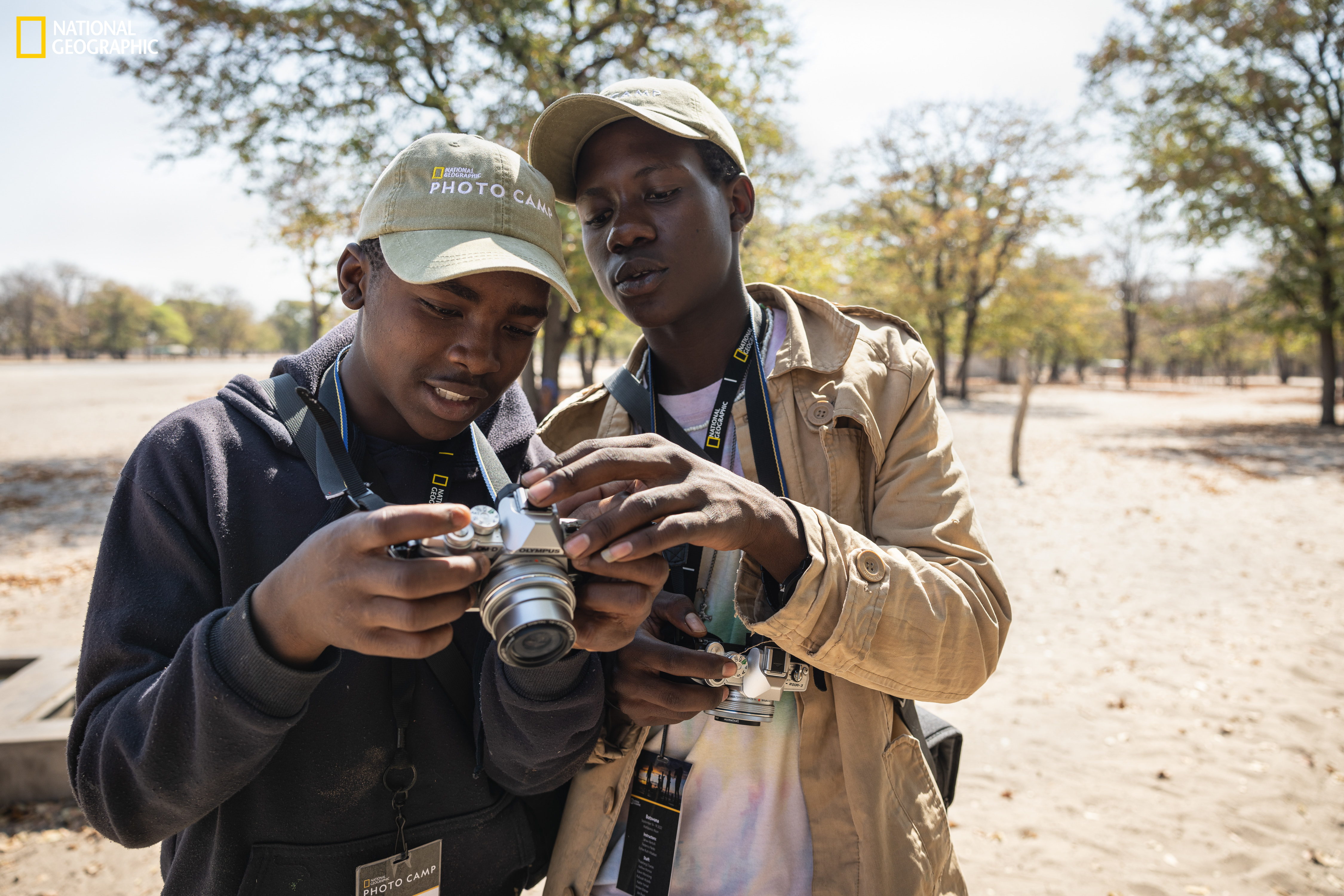
The best camera deals, reviews, product advice, and unmissable photography news, direct to your inbox!
You are now subscribed
Your newsletter sign-up was successful
Students with no previous experience in photography have been learning how to tell stories through pictures, at the National Geographic Photo Camp in Botswana. For seven days they worked alongside some of Botswana’s top photographers and photojournalists, as well as several National Geographic Explorers who shared their wealth of knowledge and experience.
Over the course of seven days, students aged 16-21 from the Bana Ba Letsatsi and Okavango Kopano Mokoro Community Trust learned about the power of storytelling through a very hands-on approach. They were taught the basics of photography, how to edit an image and also had the opportunity to tell a story of their own, reflecting on all the ways we are connected to water.
• Take a look at the best cameras for beginners
With cameras at the ready, students were able to photograph the people, places and things that moved them, as well as talk to local community members, farmers and businesses about their connection to water and life in general. Students also had the opportunity to explore and learn about the Okavango Delta, a UNESCO World Heritage Site and a vital source of water for roughly one million people.
Koketo "Koki" Mookodi works with the National Geographic Okavango Wilderness Project, and used her background in tourism to help set up an educational conservation program in the Okavango Delta.
"It has been very encouraging to see how these students have taken to the Photo Camp," she said, reflecting on the photo camp. "I've watched them blossom as the days have gone by and build confidence and grow into themselves. Watching them learn more about themselves and their lack of limits has been very rewarding. I look forward to many, many more camps."
Not only is the course designed to give students the opportunity to learn about cameras and photography, it also helps them to build confidence, makes different possibilities seem achievable and provides a new creative outlet.
The best camera deals, reviews, product advice, and unmissable photography news, direct to your inbox!
"Through the week, this experience reinforced the fact that we are all storytellers," said Esther Ruth Mababzi, one of the students taking part. "With the right tools and opportunities, we can be in charge of our stories, stories of our shared existence, as communities and globally."
The week closed with a final show where students shared the photos and stories they'd captured and how they felt about the experience.

Having studied Journalism and Public Relations at the University of the West of England Hannah developed a love for photography through a module on photojournalism. She specializes in Portrait, Fashion and lifestyle photography but has more recently branched out in the world of stylized product photography. Hannah spent three years working at Wex Photo Video as a Senior Sales Assistant, using her experience and knowledge of cameras to help people buy the equipment that is right for them. With eight years experience working with studio lighting, Hannah has run many successful workshops teaching people how to use different lighting setups.
